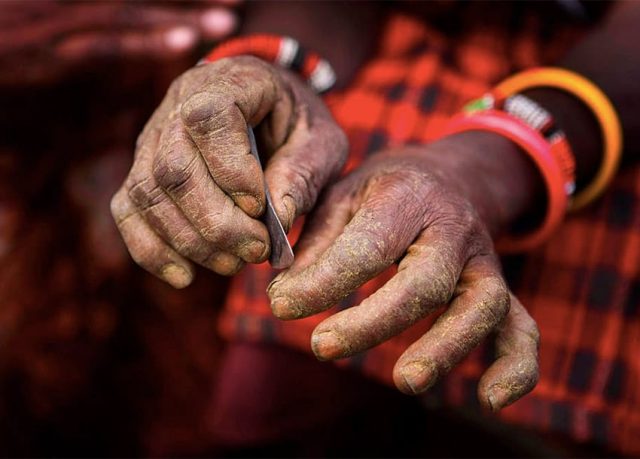
Today marks International Day of Zero Tolerance for Female Genital Mutilation. According to Unicef Kenya, in 2020 alone, there are 4.1 million girls around the world at risk of undergoing female genital mutilation. Female genital mutilation has been a big threat to young girls in the East African region enslaved by deeply rooted culture, that at all too often the governments have failed to put it to rest.
In Uganda, this practice is still heightened and has crawled its ways into schools, where many young girls have sought to refuge form wayward traditional practices. According to the government, there are four types of FGM in this country most of which are irreversible while others have resulted in death due to hemorrhage namely clitoridectomy ( partial or total removal of the clitoris) an excision (partial or total removal of the clitoris and labia minora) infibulation ( partial or total removal of the clitoris and stitching it together) and other types mainly genital elongation practiced by Bantu speaking people, especially in central Uganda.
With genital elongation, the labia part of a woman’s sexual organ is stretched so that it swells inwards, partially blocking the entrance to the vagina. While the elderly women performing this practice did it to protect girls from losing their virginity and rapist but little did they know that labial elongation would benefit the sexual health and well-being of women, a process that Central Uganda won’t let go off and schoolgirls are getting really tempted.
Matrons in primary boarding schools are the perpetrators in encouraging these practices. The minister for Gender and Culture Uganda has warned school matrons against initiating young girls into genital elongation which is said to have been encouraged by the educated Ugandans who should have been in the center of the fight against the practice.
Uganda enacted the Prohibition of FGM Act 2010 to eliminate the practice but it has persisted due to cultural beliefs key of which is an enhancement to please men during sex. The Ministry is working on increasing the budgetary allocation to Shs1.2 billion to help fight female genital mutilation and is looking for ways to initiate dialogue between the young people and their parents so that they understand the dangers of FGM to have concerted efforts in fighting the practice in this generation.

